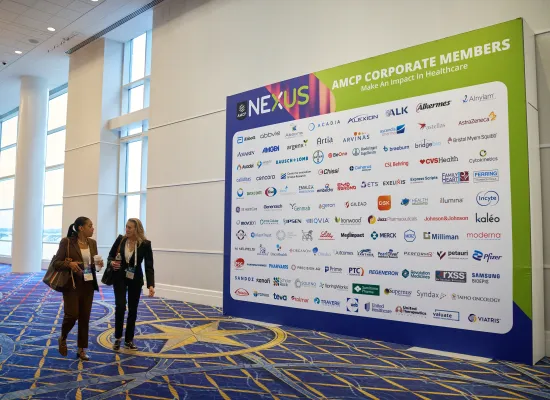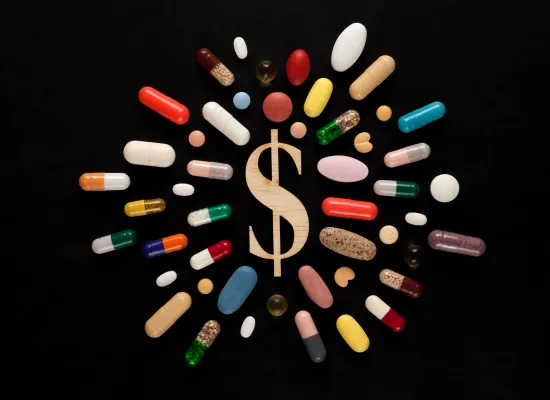
FDA Reports Shortages of Drugs Critical in COVID-19 Treatment
Shortages of masks and personal protective equipment are well-publicized effects of the COVID-19 outbreak. Now we are seeing shortages in critical medications as well.
According to MedPage Today, demand rose 51 percent in March for sedatives and anesthetics commonly used in ICUs — propofol, dexmedetomidine, etomidate, ketamine, lorazepam, and midazolam. However, the fill rate dropped to 63 percent, the publication reports.
Demand is even higher where coronavirus cases are concentrated, such as New York, California, and Washington, The New York Times reports.
“Just like we’re seeing shortages of other materials, like masks and ventilators, medications are right there in the mix of things that we don’t always have enough of on hand,” said Erin Fox, a drug shortage expert at the University of Utah, who was quoted in the article. “We were not prepared for this kind of surge.”
Late last month, the FDA released new guidance requiring companies to submit notice of disruption or shortages as soon as possible but no later than five business days after the discontinuance or interruption occurs. The guidance also recommends that companies submit updates every two weeks and include information about when supply recovery is expected.
Knvul Sheikh writes for The New York Times: “With the peak in cases and resource use still projected to be several weeks away, the run on these drugs only highlights weaknesses in the current supply chain.”
On the outpatient front, managed care pharmacy professionals are working diligently to ensure patients have access to their needed medications during this pandemic. Specifically, our professionals are instituting processes and waiving certain requirements, when permissible by law, to make it convenient for patients to obtain their prescription medications.
AMCP recently joined other organizations representing the prescription drug supply and payment chain to submit a letter to U.S. Vice President Mike Pence and congressional leaders. In the letter, we call for public-private sector collaboration to keep the pharmaceutical supply chain functioning well throughout this unprecedented challenge.
Keeping You Up to Date
COVID-19 is quickly changing the health care landscape, and AMCP wants to keep you informed. I hope by now members have seen the AMCP COVID-19 Update, a trusted digest of the week’s COVID-19 news that relates to managed care pharmacy. In addition, the AMCP team is regularly updating our website to make sure you have resources you can rely on related to this global pandemic.
In other news, AMCP announced the schedule for our eLearning Days, April 20–24. In this era of social distancing, we remain committed to helping you meet your continuing education needs on your schedule. Find out more about AMCP eLearning Days.
Please stay safe. Thank you for your dedication to health care.
Featured News & Resources
See Full CalendarAward Applications Open
AMCP eLearning Day: Nexus Encore
AMCP 2026 Registration Opens
Upcoming Events
AMCP offers a wide variety of educational opportunities, from events and webinars to online training.







